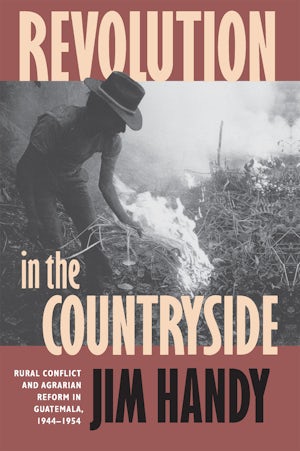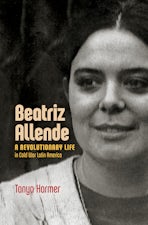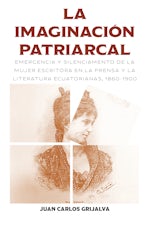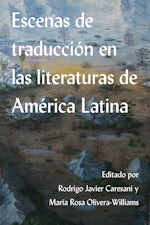Revolution in the Countryside
Rural Conflict and Agrarian Reform in Guatemala, 1944-1954
By Jim Handy
284 pp., 6.125 x 9.25
-
Paperback ISBN: 978-0-8078-4438-0
Published: April 1994 -
E-book EPUB ISBN: 978-0-8078-6189-9
Published: November 2000 -
E-book PDF ISBN: 979-8-8908-6603-5
Published: November 2000
Buy this Book
- Paperback $47.50
- E-Book $29.99
About the Author
Jim Handy, professor of history at the University of Saskatchewan, is author of Gift of the Devil: A History of Guatemala.
For more information about Jim Handy, visit
the
Author
Page.
Reviews
"A thoroughgoing, archivally based treatment of agrarian reform. . . . An important and engaging study of an immensely complicated subject."--American Historical Review
"An extensively researched, penetrating study of one of the most fascinating episodes in modern Latin America, Guatemala's October Revolution, 1944-54."--Journal of Third World Studies
"A fine and careful piece of scholarship on a period of immense social change and political uncertainty. It provides a balanced and detailed picture of one of the most important and complex periods in recent Latin American history. . . . This is a first-rate work, even more welcome because it is long overdue."--Richard N. Adams, University of Texas at Austin
"Likely to become the standard treatment of Guatemala's 1952-54 land reform and of the political and social conflict that surrounded it. Based on previously untapped material and offering a range of new interpretations, [this book] is essential to understanding the violence that has rent that country for the past forty years."--David McCreery, Georgia State University




